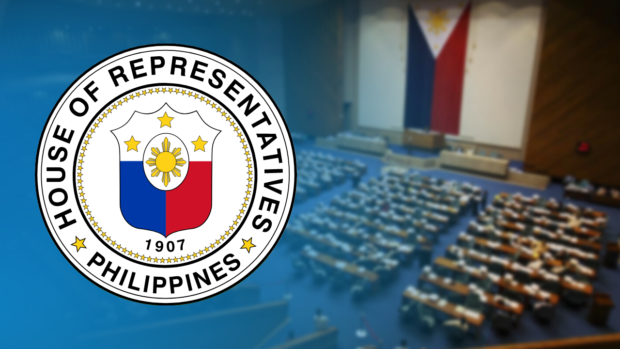House approves Magna Carta for Seafarers proposal on third reading
MANILA, Philippines — The proposed Magna Carta of Seafarers — a bill that seeks to protect seafarers’ welfare has been approved by the House of Representatives on the third and final reading.
During Monday’s session, 304 lawmakers voted to approve House Bill (HB) No. 7325, while four voted against it and none abstained.
HB No. 7325 outlines the rights and welfare of seafarers, like providing the right to educational advancement and training at an affordable cost; the right to public consultation in case matters relating to their job is being discussed; the right against discrimination; the right to free legal representation; and right to an appropriate grievance mechanism.
Lawmakers supportive of the bill, like House Committee on overseas workers affairs chairperson and Kabayan party-list Rep. Ron Salo, believe the bill would address seafarers’ concerns regarding tenure and medical assistance.
However, Gabriela party-list Rep. Arlene Brosas raised concerns again about the bill’s escrow provision as contained in Section 51, which states that monetary awards given by an arbiter — like the National Labor Relations Commission (NLRC) — to a seafarer who got disabled in the line of work may be placed in escrow if the employer disputes the awarding.
“Kaisa kami ng Filipino seafarers sa panawagang magkaroon ng isang tunay na Magna Carta na magtataguyod ng kanilang mga karapatan […] Unfortunately Madam Speaker, we have approved today House Bill No. 7325 which is a watered-down Magna Carta of Filipino Seafarers that is not in line with the demands of seafarers themselves,” Brosas said.
(We are one with the Filipino seafarers in their call for a true Magna Carta to uphold their rights. Unfortunately, Madam Speaker, what we have approved today — House Bill No. 7325 — a watered-down Magna Carta of Filipino Seafarers that is not in line with seafarers’ demands.)
“Watered-down na nga ang version ng Magna Carta na ito, may panganib pang bitbit sa ating mga marino, at maging sa iba pang mga manggagawa dahil sa escrow provision sa ilalim ng Section 51 ng panukala. Ilalagay sa escrow ang contested amount ng money award na makukuha na dapat ng seafarers at ire-release lamang kapag pinagtibay na ng Court of Appeals ang desisyon ng NLRC,” she added.
(This version of the Magna Carta is not only watered-down, it also brings dangers to our marine workers and other seafarers because of the escrow provision provided under Section 51 of the bill. Under this measure, the contested amount of money seafarers should get would be put in escrow and would only be released if the Court of Appeals has affirmed the decision of the NLRC.)
This is not the first time that concerns on escrow provisions have been raised. In discussions before the bill was approved on the second reading, Brosas said that seafarers who need the money for their disability would be held hostage by the provision because legal proceedings would have to take place first before they receive the award.
Salo, in response, clarified that the award for the disability claims would be given, as the amount that would be disputed — or claims that would go on top of the disability benefits — would be the one to go on an escrow.
